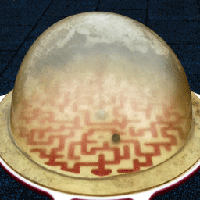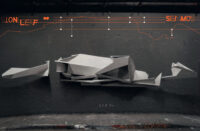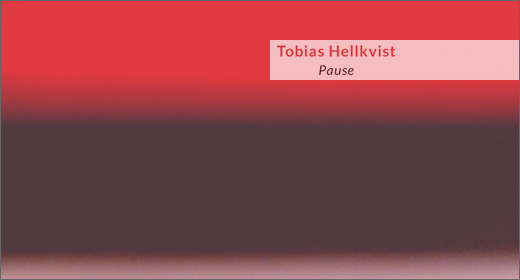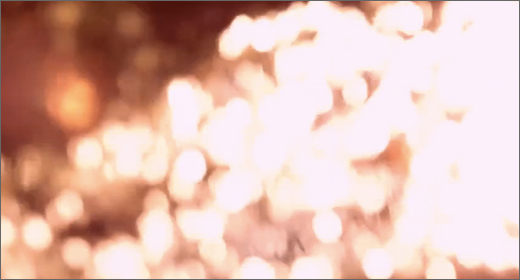
(February 2010) For a genre that prides itself on being so pure, a large number of chiptune albums are surprisingly unsatisfying. The genreâ(TM)s origins in the demo scene have gradually evolved from short pieces accompanying visuals to full-fledged Serious Albums. During the course of this transition, the focus of the music also changed. Video game music was originally not meant to be listened to by itself, which gave composers much more creative license with what ideas they could develop. The composers could make songs as cheesy or as epic as they wanted, without having to worry about any critical backlash or record sales, generating an abundance of colorful, engaging soundtracks for NES and Commodore 64 games.
The problem arises when chiptune musicians attempt to move away from that palette and create works of art that could be held up to the same standards other electronic music is judged by. This is when the limitations of the 8-bit sound chips manifest — a house album produced with an NES sounds static and constrained, while any attempts at IDM with 8-bit chips sounds forced and unnatural. It is no surprise that the most successful chiptune artists in the past few years have been the ones that either blended the chiptune sound with other genres (Depreciation Guild, Anamanaguchi) or those that have stuck to making soundtracks.
Alex Mauer has spent most of his career making soundtracks to imaginary video games. In addition to releasing free mp3 releases on labels such as 8bitpeoples and Pause he has also released several albums on NES cartriges. His earliest material was made with sample-based DOS trackers and analog synths, and later he started to work with NES (Famitracker), Sega Master System, and Adlib/Soundblaster FM. He has done his most recent work with Game Boy, Amiga, and Sega Genesis. All his compositions are distinctive in that they sound exactly like they have been lifted from old, forgotten video game soundtracks. 9999, his latest album, sounds like a compilation of these hidden gems — all 42 tracks could easily be the background music to a forgotten game from 1990. The variation is astounding, as Mauer used no less than 9 different systems to produce the tracks.
Mauerâ(TM)s versatility is in full force on 9999. “Mysteries of Udolpho” is the exploration of an ancient temple, “Virtua Star Car” is the options screen of a futuristic racing game, “Tickle Bee” is the first stage of a top-down shooter, “Mos Deth” is a nerve-wracking boss stage, “Falsified Confessions for Fr. Joe” is an interstitial level in a side scrolling fighting game, and “Zilog” is the title screen to an alien survival game. The possibilities are endless, and every single song on the album is as effective as the last in terms of creating the feeling of being in a video game. The multi-system approach eliminates any problem of monotony, as well â” Mauer pulls different sounds and textures from his array of sound chips, making every song memorable in its own right.
9999 feels like three albumsâ(TM) worth of ideas packed into one â” most of the songs are less than two minutes long. The result is similar to Ilkaeâ(TM)s Pistachio Island (Merck), where every colorful idea was carried out for a few minutes, no further than necessary. 9999 avoids monotony in the same way, introducing a new, fresh idea just as the old one is about to grow stale. Such an ambitious undertaking would have fallen flat in the hands of anyone else, but 9999 proves that Mauer is a master of his genre. This is what chiptunes should sound like.
9999 is out now on Pause. [Purchase]























